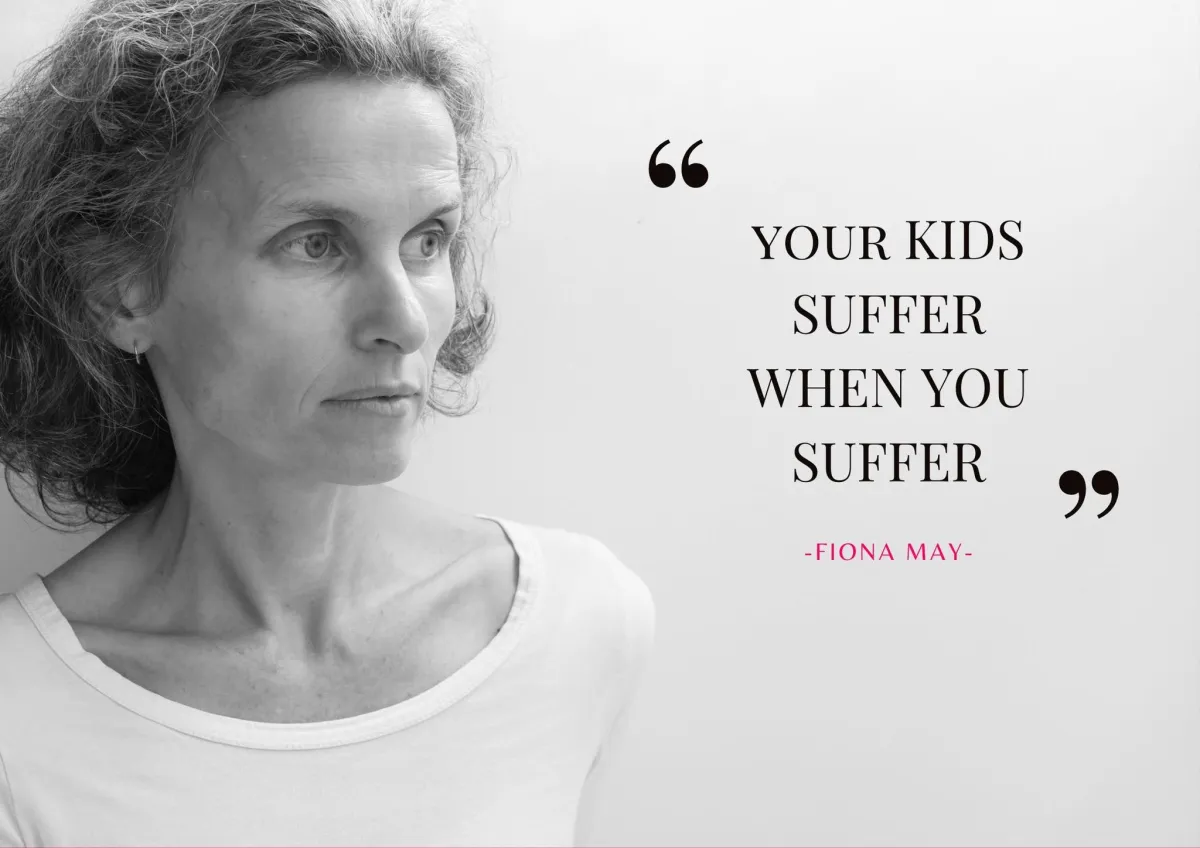Fiona & Sandra's Wise Woman's Blog...

When Adult Children Struggle With Their Parents’ Divorce
We often assume that once our children are grown, they’re “fine.” They’re adults now—capable, independent, busy with their own lives. So when we go through a separation or divorce later in life, it’s easy to believe it won’t affect them much.
But here’s the truth: adult children often struggle more deeply than younger ones when their parents’ marriage ends. They just hide it better.
The Silent Shock of “Everything I Knew Was a Lie”
For adult children, a parent’s divorce isn’t just about the end of a relationship—it’s the collapse of a worldview.
They’ve grown up with decades of memories that are now suddenly called into question.
They wonder: Was my childhood real? Were they ever happy? Was everything I believed about love and family just an illusion?
When the foundation they thought was unshakable cracks, it can leave them unanchored, unsure of what’s true anymore.
It’s not about blame—it’s about disorientation. Their identity, family traditions, and sense of security all get rewritten in a single moment.
Adult children are expected to be “strong” and “understanding.” But inside, many feel lost and powerless.
They want to support both parents, yet they don’t know how.
They might avoid contact, stay neutral, or withdraw completely—not out of coldness, but out of confusion.
They’re terrified of saying the wrong thing or getting caught in the middle.
And when they see a parent hurting, it breaks them.
But here’s what most parents don’t realise: adult children are grieving too. They’re grieving the family that once was, the home that held them, and the story they thought would last forever.
When adult kids don’t have the tools to process their feelings, they often go into emotional shutdown.
They put up walls—not because they don’t care, but because they don’t know what to do with the pain.
They become distant, overly rational, or appear “too busy” to talk.
Underneath, they’re struggling with guilt (“I should be helping”), loyalty binds (“Whose side am I on?”), and fear (“Will this happen to me too?”).
This emotional armour protects them from feeling too much—but it also keeps them disconnected from the parent who may need their love most.
Younger children process divorce through the lens of dependency—they’re focused on safety and routine.
But adult children experience it through the lens of meaning.
They’ve had years to build their identity around their family narrative.
So when that story changes, it shakes their emotional foundations in a way that’s existential.
It’s not just the loss of “Mum and Dad together.”
It’s the loss of certainty, the loss of innocence, and often, the loss of belief in what love is supposed to look like.
If you’re a parent navigating divorce, it’s vital to understand this:
Your adult children may look like they’re coping—but inside, they’re reeling.
You don’t have to protect them by remaining silent or overexplaining your choices.
You just need to create emotional safety:
Acknowledge their feelings. “I know this is hard on you, too.”
Take responsibility without overburdening them. Don’t ask them to choose sides.
Model emotional intelligence. Show them how to process, not suppress, pain.
Stay steady. They need to know you’re okay, even if you’re not perfect.
When they see you owning your healing and responding with calmness, it helps rebuild the stability they’ve lost.
The Hard Truth
In many ways, adult children suffer more than young children during divorce, because they understand more.
They carry awareness, empathy, and years of emotional investment.
They don’t lose the structure of childhood—they lose the truth of it.
And that loss cuts deep.
It makes them question everything they thought was real about love, commitment, and even themselves.
They may not cry openly or act out—but the silence, the distance, the polite avoidance… that’s their grief talking.
The best gift you can give them isn’t explanations—it’s emotional maturity.
Show them that endings can still hold integrity. That heartbreak can lead to growth. That love can evolve into respect.
Because when you heal with grace, they learn that truth and peace can coexist—even when the story changes.
By Fiona May, Divorce Recovery & Life Transition Coach


